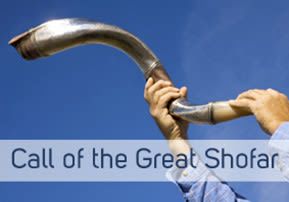
Call of the Great Shofar
The least preferred shofar is the wake-up call that comes from antisemitic nations, warning the Jews to escape while they still can and flee to their own land.

Translated and adapted by Rabbi Chanan Morrison
Editor’s note: It’s amazing how the words of the tzaddikim – just like the words of the Torah itself – are perpetually relevant. Rav Kook delivered this well-known sermon in the Old City of Jerusalem on Rosh Hashanah, 1933. The sermon – word for word – is ever so meaningful in light of the alarming increase of global antisemitism. When Rav Kook spoke these words, it was a time of mixed tidings. On the one hand, ominous news of the beginning of Hitler’s reign in Germany became more troubling with each passing day. On the other hand, the Jewish community in Israel was flourishing. Educated immigrants with needed skills and financial means were arriving; they contributed greatly to developing the country’s economy. It seemed that the footsteps of the redemption could be heard. G-d willing, we hope to see the true redemption of our people and the in-gathering of the exiles speedily and in our days, amen. Breslev Israel takes this opportunity to express our deepest gratitude to Rabbi Chanan Morrison for sharing the treasure of Rav Kook’s writings with us.
We say in our prayers, “Sound a great shofar for our liberation.” What is the nature of this shofar, and why should it be a large one?
Three Shofars
We find that there are three categories of shofars that may be blown on Rosh Hashanah. The first category, the optimal shofar, is the horn of a ram. If such a horn is not available, then the horn of any kosher animal (except a cow) may be used. If no kosher shofars are available, then one may blow on any horn, even from a ritually unclean animal. When using a non-kosher horn, however, no bracha (blessing) is recited.
These three shofars of Rosh Hashanah correspond to three ‘shofars of redemption’, summoning the Jewish people to be redeemed and redeem their land.
The preferred ‘shofar of redemption’ is the divine call that awakens the people through holy motivations — out of faith in God and the sanctity of the people of Israel. This form of awakening corresponds to the ram’s horn, recalling the holy dedication of “Akeidat Yitzchak” (the Binding of Isaac). The inspiring call of this ‘shofar’ brought Nachmanides, Rabbi Yehuda HaLevy, Rabbi Ovadia of Bartenura, the disciples of the Vilna Gaon, and the Hasidim of the Baal Shem Tov to return to the Land of Israel. It is for this “great shofar“, an awakening of spiritual greatness, that we pray.
.jpg) There exists a second ‘shofar of redemption’, a lower level of awakening. This shofar calls out to the Jews to come to the Land of Israel, to return to the land of our ancestors, our prophets, and our kings. It beckons us to live as a free people in our homeland, educate our children in a Jewish environment, and so on. This is a kosher shofar, albeit not a great shofar like the first type of awakening. We may still recite a bracha over this shofar.
There exists a second ‘shofar of redemption’, a lower level of awakening. This shofar calls out to the Jews to come to the Land of Israel, to return to the land of our ancestors, our prophets, and our kings. It beckons us to live as a free people in our homeland, educate our children in a Jewish environment, and so on. This is a kosher shofar, albeit not a great shofar like the first type of awakening. We may still recite a bracha over this shofar.There is, however, a third type of shofar. (At this point, Rav Kook burst out in tears.) The least preferred shofar comes from the horn of an unclean animal. This shofar is the wake-up call that comes from antisemitic nations, warning the Jews to escape while they still can and flee to their own land. Enemies force them to be redeemed. They sound out the trumpets of war, bombarding them with deafening threats of persecution and torment, giving them no respite. The shofars of unclean beasts are transformed into the messianic shofar.
Whoever failed to listen to the calls of the first two shofars, will be forced to listen to the call of this last shofar. On this shofar, however, no blessing is recited. “One does not recite a blessing over a cup of affliction.” (Berachot 51b)
The Great Shofar
We pray we will be redeemed by the “great shofar“. We do not wish to be awakened by the calamitous call of the shofar of persecution, nor by the middle shofar of ordinary aspirations. We yearn for the shofar that is suitable for a holy nation, the shofar of spiritual greatness and true freedom. We await the call to complete redemption, inspiring the people of Israel to the sacred ideals of Jerusalem and Mount Moriah.
“In that day, a great shofar will be blown, and the lost from the land of Assyria and the dispersed from the land of Egypt will come and bow down to God in the holy mountain in Jerusalem” (Isaiah 27:13).
(adapted from Mo’adei HaRe’iyah pp. 67-70)
* * *
Copyright (c) 2006-2010 by Chanan Morrison
Rabbi Chanan Morrison of Mitzpeh Yericho runs http://ravkookTorah.org, a website dedicated to presenting the Torah commentary of Rabbi Avraham Yitzchak HaCohen Kook, first Chief Rabbi of Eretz Yisrael, to the English-speaking community. He is also the author of Gold from the Land of Israel (Urim Publications, 2006).


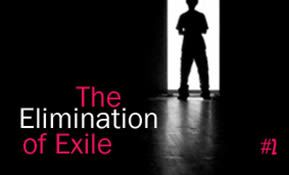
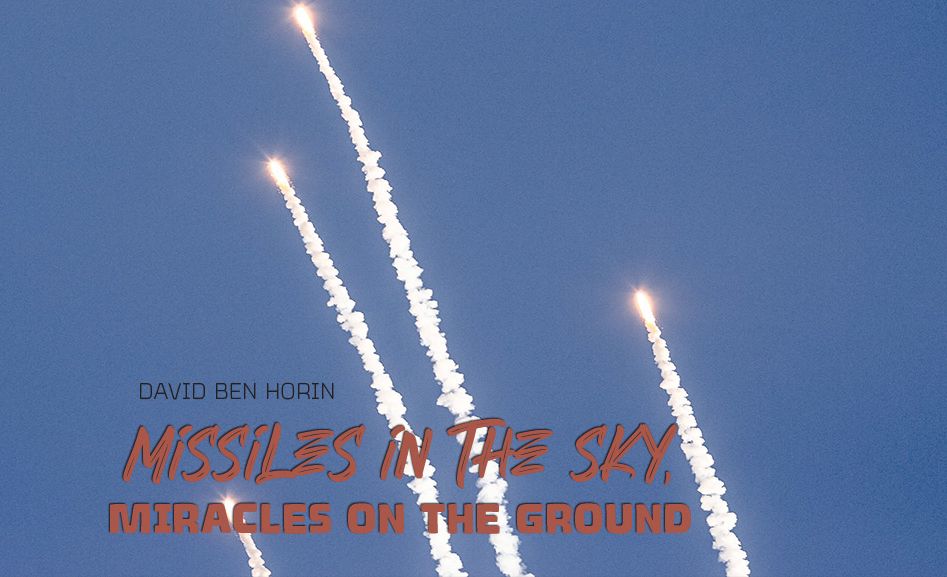
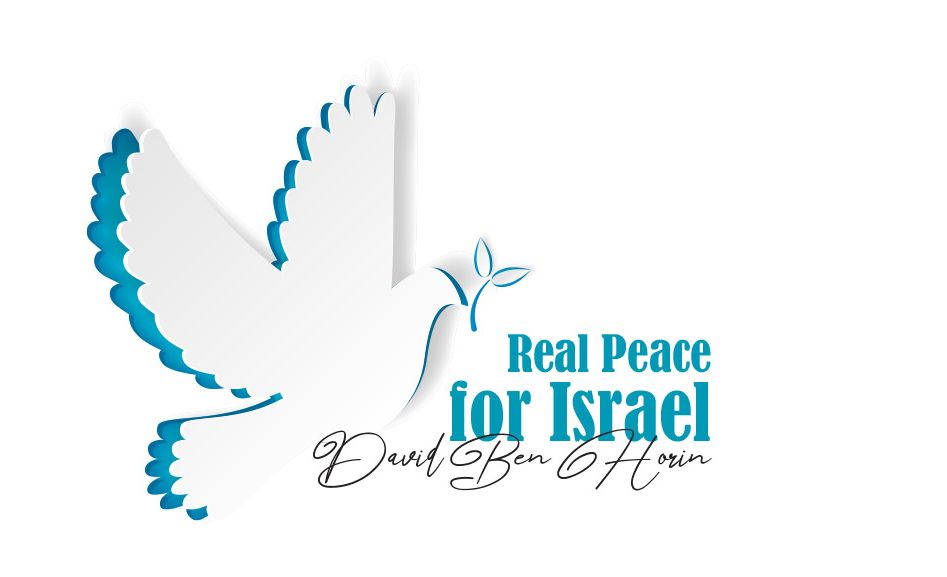
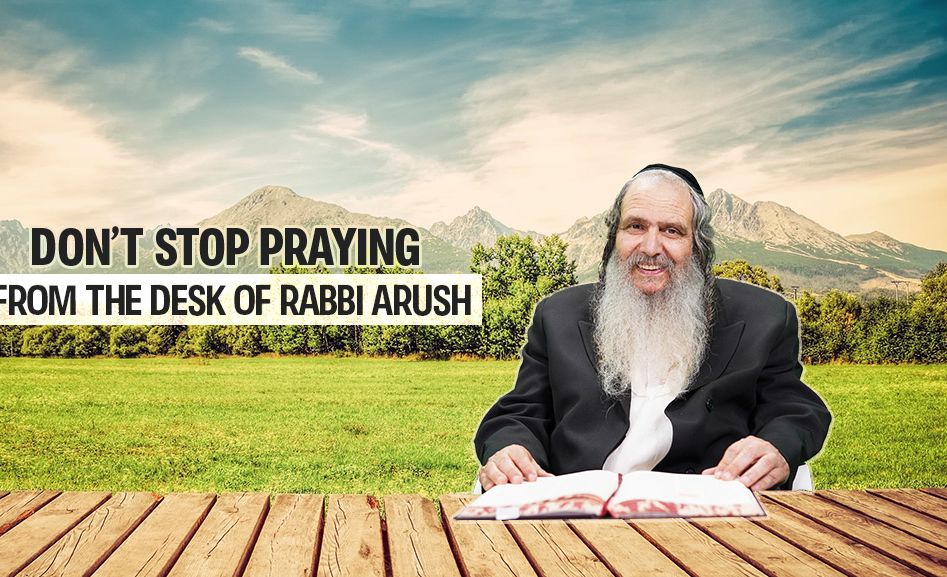
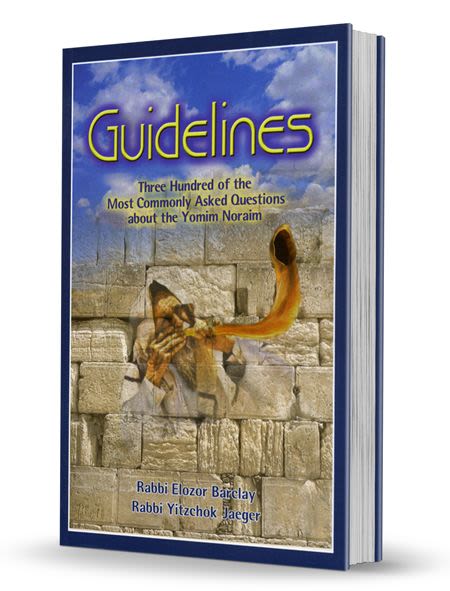
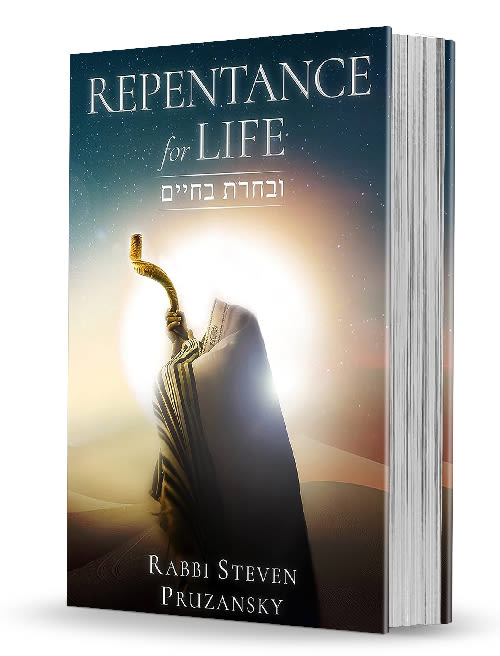
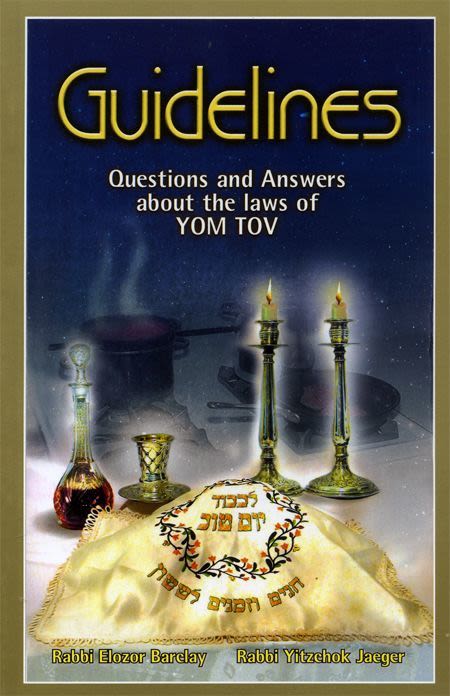
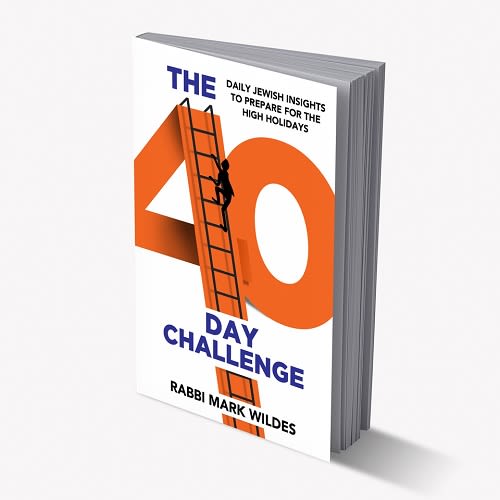
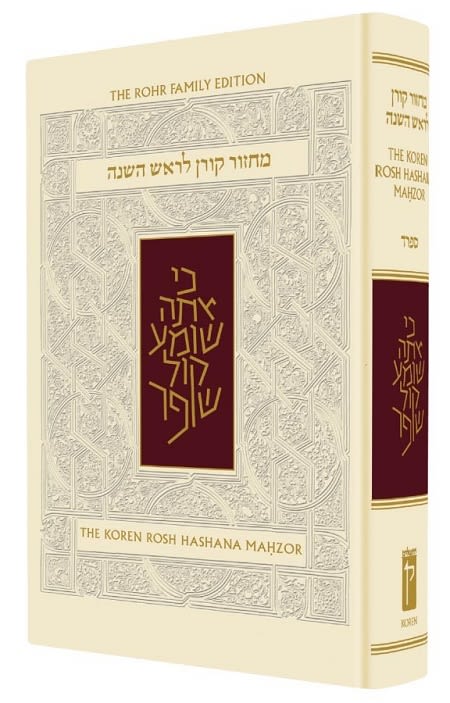
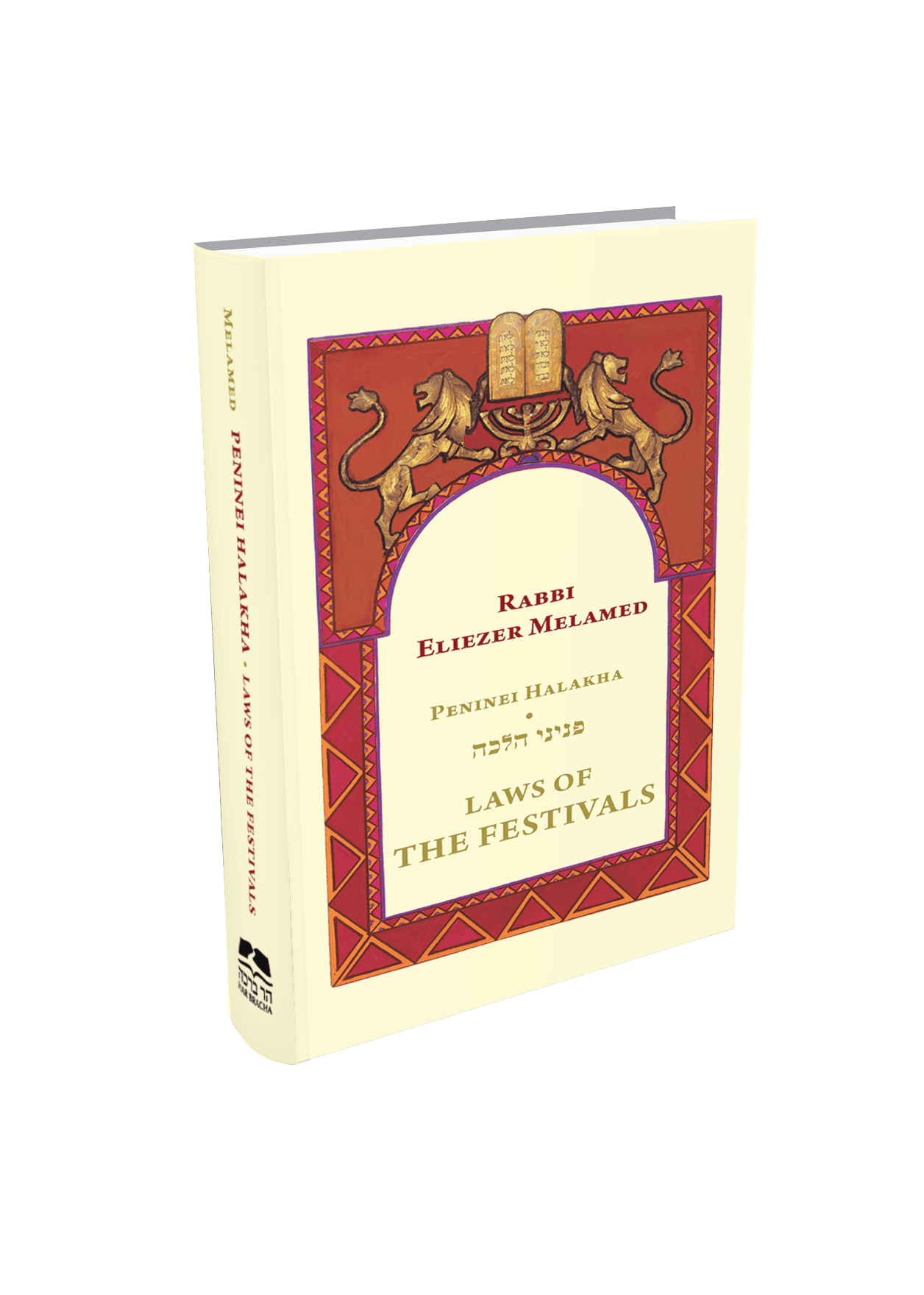
Tell us what you think!
Thank you for your comment!
It will be published after approval by the Editor.